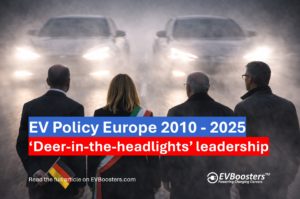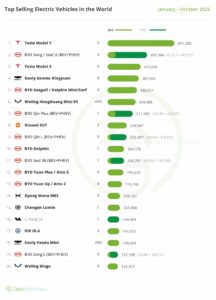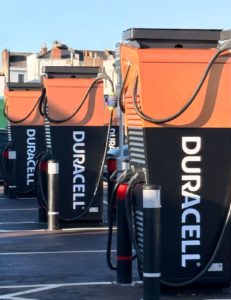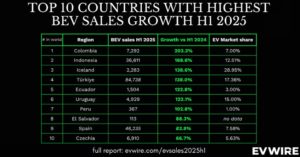According to insights from ETAuto, auto OEMs are gearing up to invest substantially, estimated at a staggering $515 billion, in EV-related technologies and plant upgrades over the next 5 to 10 years. The focus of these investments primarily revolves around battery technology and production capacity, ensuring an adequate supply to meet the surging demand for electric vehicles.
Despite these substantial investments and ambitious EV rollout plans, experts warn that automakers might not have fully accounted for the broader impacts of the EV transition on the automotive supply chain. One crucial aspect that has garnered attention is the need for automakers to simultaneously develop new or updated Internal Combustion Engine (ICE) models alongside distinct EV models. This balancing act becomes essential to cater to evolving consumer preferences and market demands.
Additionally, established automakers are facing competition from new entrants in the EV arena, beyond industry pioneer Tesla. Companies like Lucid Motors, Rivian, and Fisker are entering the market, creating additional pressure on established players. This competitive landscape necessitates a heightened level of focus on new model development to address operational constraints effectively.
ETAuto highlights that if major OEMs adopt an even more EV-centric approach, it could potentially accelerate the industry’s transformation. Between 2021 and 2025, the automotive sector is planning to significantly increase the total volume of automotive and parts programs, posing challenges for suppliers already operating at maximum capacity. The recent chip shortage has demonstrated the repercussions of key component constraints on vehicle production.
In conclusion, as the automotive industry marches towards electrification, there is a pressing need for both automakers and suppliers to expand program launch capacity and address operational challenges to meet electrification goals successfully. Failure to do so could potentially jeopardize the industry’s aspirations for a greener, more electric future.
Source: ETAuto







